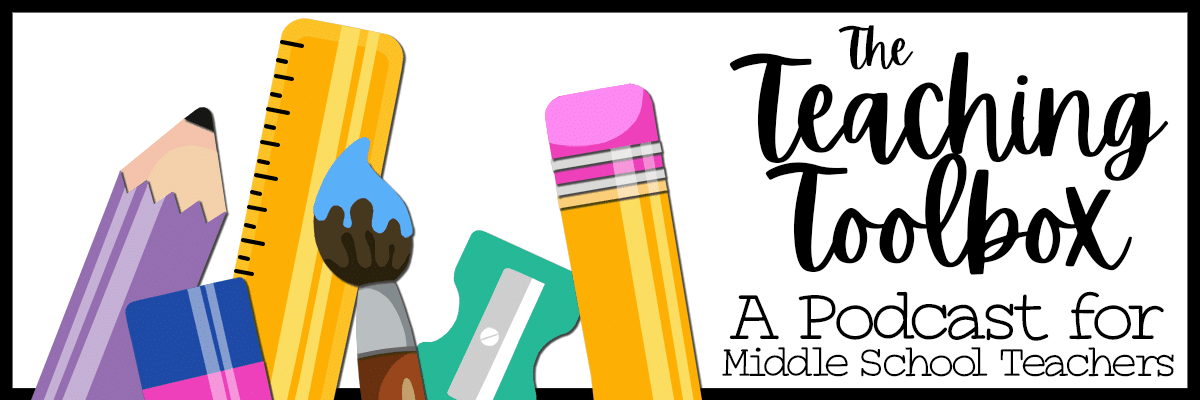Study Skills are an integral part of creating lifelong learners. Students who quiz or test or will, sometime in their future, need to learn study skills. As far as we know, that pretty much includes everyone.
Learning study skills builds resiliency, a growth mindset, better note-takers, students who take on more responsibility for their learning – ownership, critical thinking skills, and so much more.
In this episode, we’ll discuss study skills and their benefits, techniques and strategies for implementation, and so much more. Tune in for inspiration on this important topic.
Topic Discussed
- Study Skills
- What are Study Skills
- Reasons for Learning Study Skills
- Strategies and Techniques of Teaching Study Skills
- Strategies to Enhance Memorization and Recall
Resources
“Special Needs in the General Classroom – Strategies that Make it Work” by Susan Gingras Fitzell
Time Management for Students Blog Post
Subscribe
Please subscribe on your favorite platform so you don’t miss an episode. Whether it’s Spotify, Apple Podcasts, Google Podcasts, or some other listening app, we encourage you to take a moment to subscribe to The Teaching Toolbox. And if you feel so inclined, we would love a review at Apple or Spotify to help other listeners find us just like you did.
This episode may contain affiliate links.
Amazon links are affiliate links from Brittany Naujok and The Colorado Classroom, LLC®. I earn a small amount from your clicks on these links.
Let’s Connect
To stay up to date with episodes, check out our Facebook page or follow us on Instagram.
Join Brittany’s 6th Grade Teacher Success group on Facebook.
Join Ellie’s Middle School Math Chats group on Facebook.
Brittany’s resources can be found on her website or on TPT.
Ellie’s resources can be found on her website or on TPT.
Transcript
A Guide to Study Skills - Strategies, Techniques, and Insights into Teaching Study Skills
[:[:[:[:[:[:P1 - What are Study Skills?
[:[:[:[:[:[:[:[:[:[:[:[:[:[:[:[:[:[:[:[:[:[:[:[:[:[:[:[:[:[:[:[:[:[:[:[:[:[:P2 - Why do we want to use study skills?
[:[:[:[:[:[:[:[:[:[:[:[:[:P3 - Strategies for Teaching Study Skills
[:[:[:[:[:[:[:[:[:[:[:[:[:[:[:[:[:[:[:[:[:[:[:[:[:[:[:[:[:[:[:[:[:[:[:[:[:[:[:[:[:[:[:[:[:[:[:[:[:[:[:[:[:[:[:[:[:[:[:[:[:[:[:[:[:[:[:[:[:[:[:[:[:[:[:[:[:[:[:[:[:[:[:[:[:[:[:[:[:[:[:[:[:[:[:[:[:[:[:[:[:[:[:[:[:[:[:[:[:[:[:[:[:[:[:[:[:[:[:[:[:[:[:[:[:[:[:[:[:[:[:[:[:[:[:[:[:[:[:[:[:[:[:[:[:[:[:[:[:[:[:[:[:[:[:[:[:[:[:[:[:[:[:[:[:[:[:
